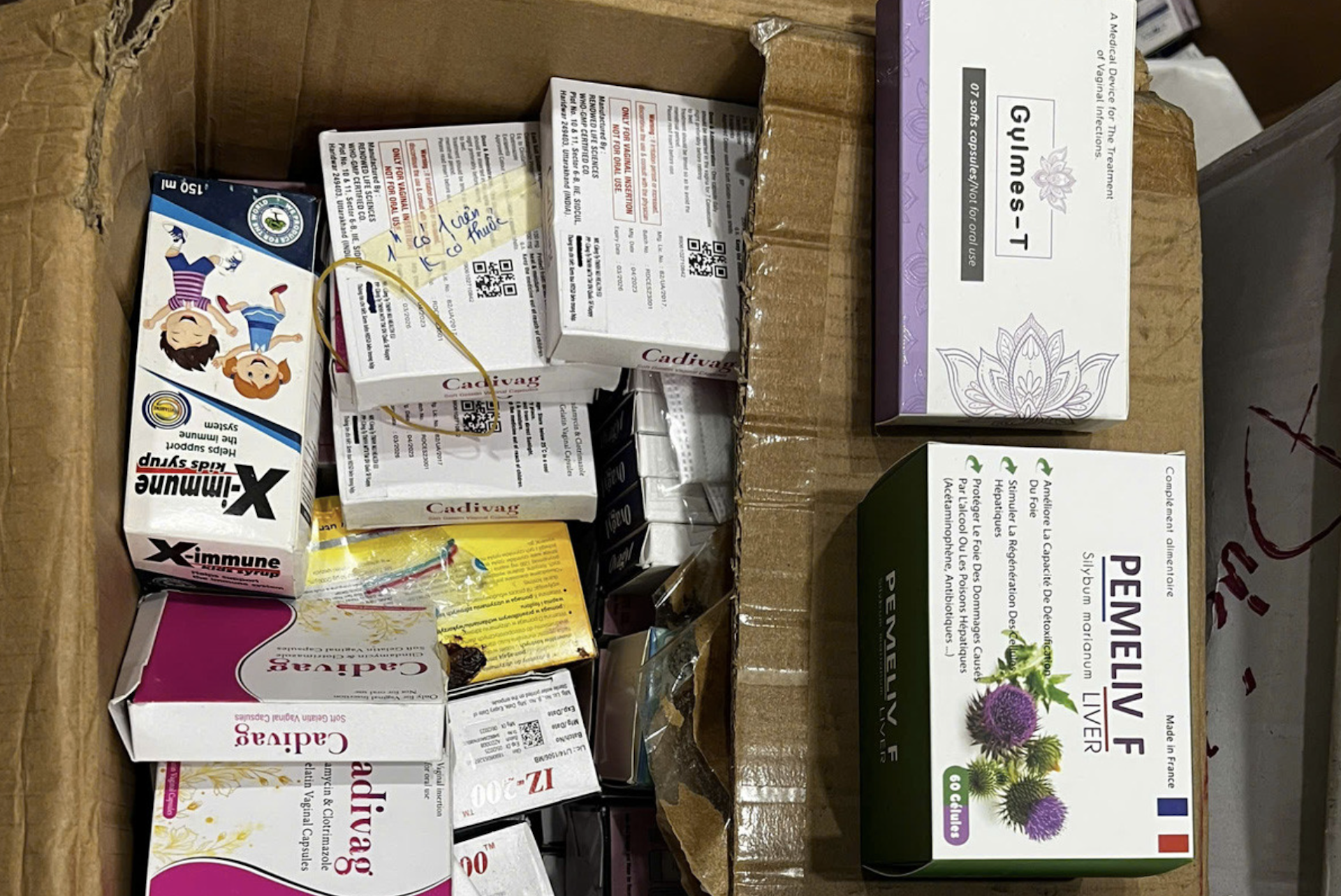
The Ministry of Health has launched a nationwide inspection targeting the advertising and distribution of traditional medicine, supplements, and other health products.
A key focus: identifying the involvement of scientists and health sector officials in misleading or exaggerated advertisements - and holding violators accountable.
The initiative is part of a month-long national campaign (May 15 – June 15) to combat smuggling, counterfeiting, commercial fraud, and intellectual property violations.
As part of the effort, 15 surprise inspection teams have been formed to review key sectors, including pharmaceuticals, cosmetics, traditional medicine, dairy products, dietary supplements, and medical equipment.
The Drug Administration of Vietnam has established five inspection teams to monitor drug and cosmetic manufacturers, traders, and importers.
The Department of Traditional Medicine has created two teams to inspect facilities involved in traditional medical treatment and production.
The Food Safety Department has five teams examining supplement and dairy product businesses.
The Department of Health Infrastructure and Medical Devices has formed three teams to audit medical equipment producers and importers.
The ministry has also instructed provincial health departments to propose that local authorities establish their own inspection teams. T
hese teams will assess compliance with laws regarding the production, storage, business operations, and especially advertising of health-related products.
Scrutiny of health professionals in advertisements
Beyond business and production practices, the ministry is placing particular emphasis on advertisements for traditional medicine and supplements.
It will investigate the participation of scientists and medical officials in advertising activities, especially cases involving false or exaggerated claims.
Health professionals and officials are now required to sign a formal commitment not to promote any product with misleading, unverified, or exaggerated claims, particularly when lacking sufficient legal or scientific documentation. Anyone who participates in deceptive advertising will be held legally responsible.
The Ministry of Health also called for increased media and public engagement. Citizens are encouraged to report counterfeit products via press and social media as part of a wider national awareness campaign.
Crucially, the ministry reminded all department heads - including the Drug Administration, Traditional Medicine Department, Food Safety Authority, Medical Equipment Department, and provincial health leaders - to strictly enforce professional ethics and public service responsibilities.
“Abuse of power for personal gain, corruption, and group interests are strictly prohibited. Violators will be dealt with decisively,” the ministry stated.
Counterfeit crackdown intensifies
Since the beginning of 2025, over 34,000 cases involving smuggling, fraud, and counterfeiting have been investigated - including more than 1,100 intellectual property violations and fake goods cases.
Several high-profile criminal rings have been dismantled in recent months. Hanoi police recently seized over 100 tons of counterfeit supplements and fake medical equipment operated by pharmacist Pham Ngoc Tien and his wife. In Thanh Hoa, a massive operation producing fake arthritis medication netted nearly 200 billion VND in illegal profits.
In early April, national police broke up a syndicate producing and distributing counterfeit powdered milk across Hanoi and surrounding provinces. The operation had manufactured 573 different fake milk labels, generating nearly 500 billion VND in revenue.
Vo Thu